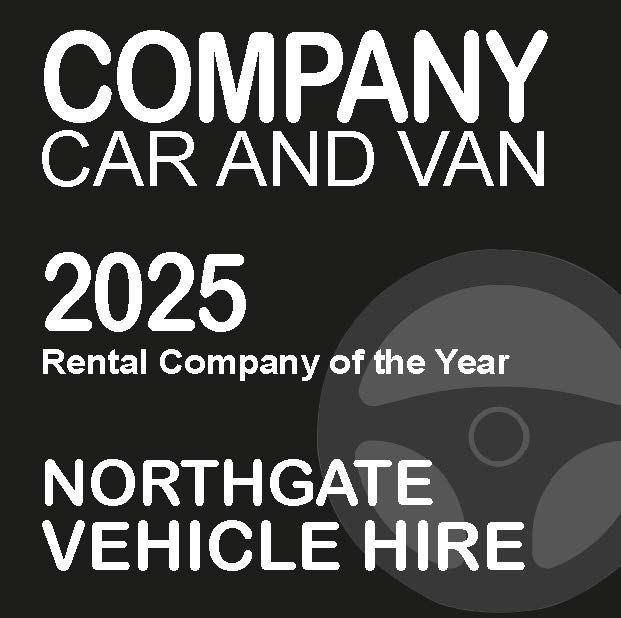HVO: An alternative to diesel fuel
![]() 03/05/2022
03/05/2022![]() 5 minutes read
5 minutes read
Hydrotreated Vegetable Oil (HVO) is a Paraffinic fuel normally classed as an XTL Fuel and is a more environmentally friendly option than regular diesel fuel.
With the government’s push to low-emission vehicles, a transition that is backed up in Northgate’s Drive to Zero, alternative fuels like HVO are growing in popularity. A number of vehicles with the latest engine technology can utilise this greener fuel, but not every vehicle can.
Here’s everything you need to know about the benefits and suitability of HVO for your fleet.
Northgate Customers:
Using the fuel in the wrong vehicles can invalidate the vehicle’s warranty and cause irreparable damage. Please contact your account manager if you are thinking of running a Northgate vehicle on HVO so we can advise on its suitability. Before you can use it in one of our vehicles you must obtain approval from Northgate in writing. This will help avoid causing any inadvertent damage and subsequent cost that you, the customer, will be liable for.
What is HVO?
It is manufactured through a synthetic process from vegetable oils or animal fats. When used instead of diesel, it has been claimed that the number of harmful greenhouse gas emissions is reduced in some cases by up to 87%.
What are the benefits of using HVO?
The majority of HVO is manufactured from 100% renewable and sustainable waste-derived raw materials. Here are some of the main benefits highlighted by the research:
- Reduces greenhouse gas emissions by up to 87%
- Also reduces other harmful tail-pipe emissions such as:
- Particulates by up to 85%
- Nitrogen Oxide by up to 30%
- A longer storage life than diesel and requires less regular testing.
Can I use HVO in my vehicle?
Many manufacturers approve the use of HVO in some of their models depending on the engine fitted. Checks must be carried out to ensure the individual vehicles you operate are suitable as approval can be based on the date of manufacture, thus for two identical models one may have approval and the other may not.
If you use HVO in a vehicle that hasn’t been approved, you may cause potential damage and warranty issues.
Why should I use HVO?
Despite HVO producing lower tail-pipe emissions than diesel, research shows few drawbacks with comparable vehicle performance. And it can be simple to start using as well - if approved by the vehicle manufacturer, no modifications are required to a diesel engine to run a vehicle on HVO.
How can I fuel my vehicle with HVO?
Whilst HVO is not currently available on petrol forecourts, it can be ordered from suppliers easily.
- HVO is typically ordered in bulk, with minimum orders of around 3,000 litres. Delivery tends to be quick, usually taking 24-48 hours.
- The cost can fluctuate but is generally higher by 10% to 20% than diesel or petrol.
- Any HVO fuel supplied must always meet the European Standard EN 15940:2016
A limited number of HVO suppliers offer a regional service to come to your premises and directly fuel up your vans at the start of the day from their mobile tanks. A minimum number of vehicles needing re-fuelling is required for this service, along with there being a cost premium.
Where can I store HVO fuel?
For storage of HVO, please refer to the Government website with guidelines and regulations for safe storage.
There are several suppliers of HVO in the UK, and in terms of in-depth product and technical information, it would be advised to speak directly to them. They would also be able to advise on pricing and availability.
How can Northgate help?
Northgate is a leading vehicle hire and mobility solutions provider that can help you fulfil your fleet requirements.
Whether you are exploring greener alternatives to petrol and diesel vehicles or need advice on your existing Northgate vehicle, our fleet consultants are here to help. For more information on how to transition your vehicles to low-emission vehicles, visit our Drive to Zero resources hub for guides, videos, and articles designed for businesses and fleet managers.
Make a smooth transition to EVs with our resource hub for businesses.
Drive to Zero Hub Hub









